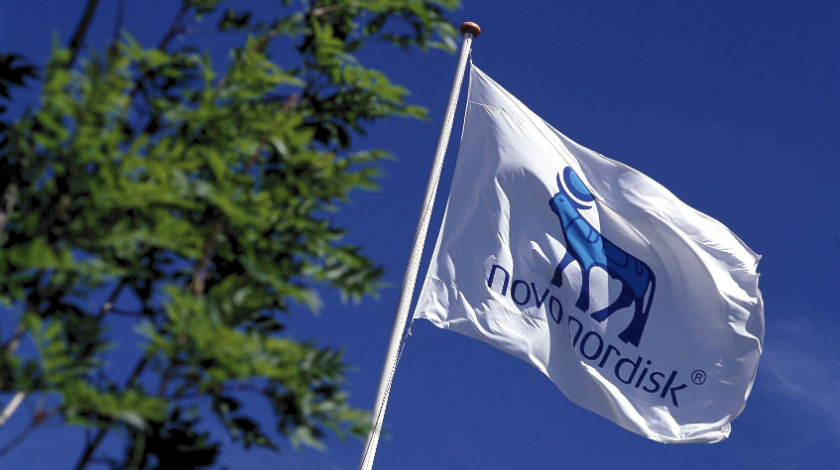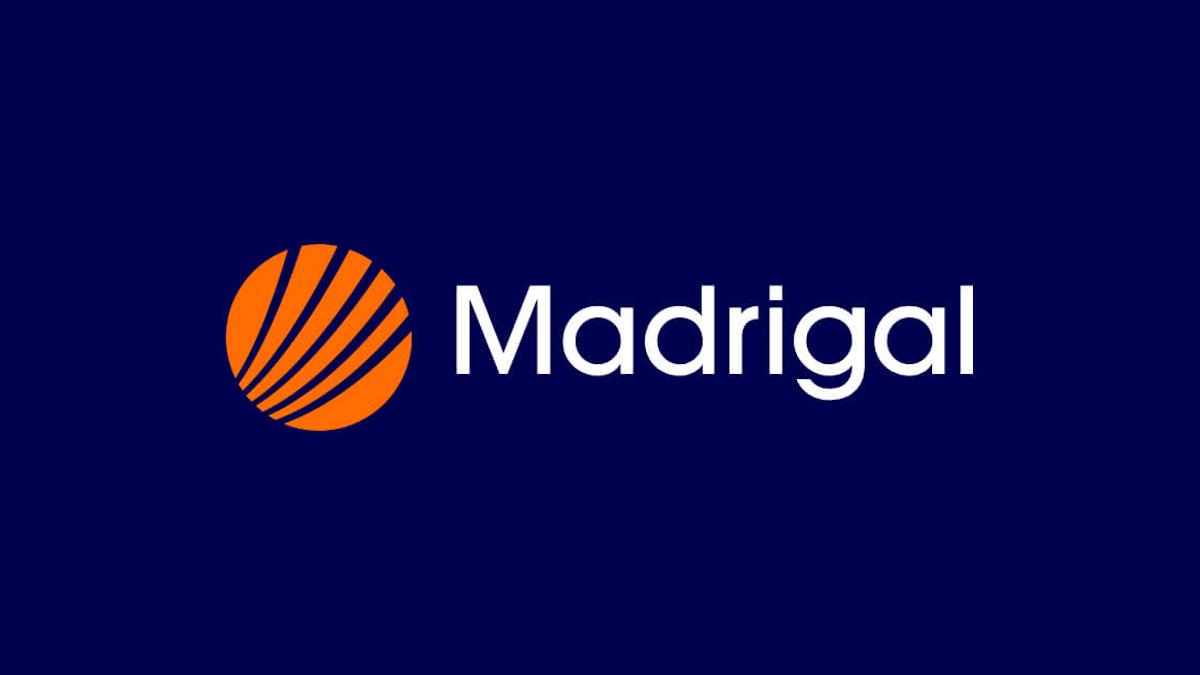Novo Nordisk grabs NASH drug from Ventus in $703m deal

Denmark's Novo Nordisk has agreed to pay $70 million to license rights to a drug developed by Ventus Therapeutics with potential in non-alcoholic steatohepatitis (NASH) and several other diseases associated with inflammation.
The deal – which includes additional milestones of up to $633 million plus tiered royalties on sales and R&D funding – focuses on VENT-01, the lead drug in Ventus' peripherally-restricted NLRP3 inhibitor programme, which is currently in preclinical development.
NLRP3 is a member of a family of proteins known as inflammasome receptors and is a key component of the NLRP3 inflammasome, which is implicated in a host of diseases characterised by runaway inflammation.
Therapeutic inhibition of NLRP3 can prevent the formation of the NLRP3 inflammasome, which in turn inhibits the production of pro-inflammatory cytokines like interleukin-1 beta and interleukin-18, and has attracted a lot of attention among biopharma companies.
"NLRP3 is a biologically relevant target with significant potential across a number of liver, kidney, and cardiometabolic diseases," according to Karin Conde-Knape, Novo Nordisk's head of global drug discovery.
Along with NASH, Novo Nordisk is also planning to investigate the drug's activity in chronic kidney disease and cardiometabolic conditions.
She added that VENT-01 has the potential to offer "best-in-class properties" among peripheral NLRP3 drugs, which do not cross the blood-brain barrier into the central nervous system.
Ventus' pipeline also includes a centrally-acting NLRP3 drug (VENT-02) for diseases characterised by neuroinflammation and neurodegeneration, and another peripherally-acting drug (VENT-05) for respiratory and rheumatological diseases, both in preclinical development.
The deal adds to a rapidly-expanding pipeline of NASH candidates at Novo Nordisk, which also includes GLP-1 analogue semaglutide in phase 3 in combination with drugs from Gilead, a long-acting FGF21 analogue in phase 2, and early-stage candidates partnered with Dicerna and UBE.
Novo Nordisk follows a number of other companies into the category, notably Roche which has acquired two NLRP3 inhibitor companies, licensing both peripherally-restricted and centrally-acting candidates.
Roche’s Genentech unit bought Jecure Therapeutics and its portfolio of NLRP3 drugs in 2018, focusing on peripheral drugs for NASH, liver fibrosis, gout, inflammatory bowel disease, and cardiovascular diseases, and followed that with the takeover of Inflazome with both peripheral and brain-penetrating candidates in 2020.
Novartis, meanwhile, bought US biotech IFM Tre – a subsidiary of IFM Therapeutics – in a deal worth up to $1.58 billion, focused on NLRP3 antagonists headed by clinical-stage candidate IFM-2427. Once again, NASH was trumpeted as the primary focus of that deal, along with gout and atherosclerosis.
Other companies active in the NLRP3 category include NodThera, which has just reported phase 1 results with its first two NLRP3 inhibitors, and ZyVersa Therapeutics with preclinical-stage candidate IC 100 that is being considered for multiple sclerosis.
ZyVersa is in the process of going public via a merger with special-purpose acquisition company (SPAC) Larkspur that will raise around $10 million in funding for its pipeline.













